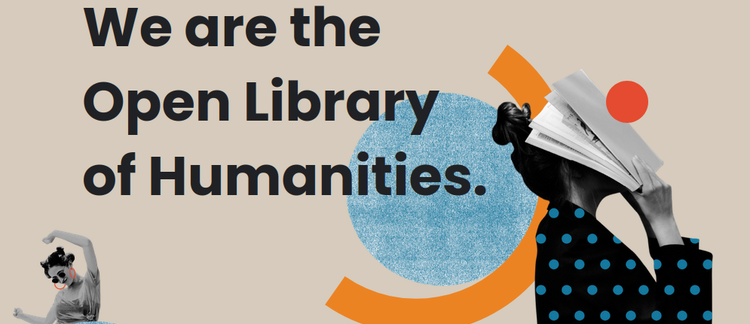Library Partnership Subsidies (LPS)
Posted by Martin Paul Eve on 7 April 2014



Click here to download a copy of our LPS flyer for libraries and librarians interested in participating.
Libraries as Stakeholders, Decision Makers and Supporters: Join Us
In his book, The Access Principle, John Willinsky notes that “JSTOR has already demonstrated the level of cooperation that can be achieved among libraries, publishers and scholarly associations” (Willinsky 2006, 85). Indeed, as Don Waters also notes, JSTOR is a “community-based organization” (Waters 2004). Willinsky goes further, though. Implicit in his assessment is a new potential for a future JSTOR-like organization for the humanities; one that, in this age, would be open access (like PLOS) and funded through cooperation, not through competition (like arXiv).
The current system of scholarly economics is irrational. University staff produce material that is then given to publishers so that it can be sold back to university libraries. Theories of market agency are flawed in this context because they assume that all information is available to all purchasers and that these purchasers can go elsewhere if better competition is available. But what competition is available when a researcher needs a journal article to which a publisher has exclusive rights? None. Competition is a flawed concept within these micro-monopolies, as Peter Suber terms them (Suber 2012, 39).
Library Partnership Subsidies (LPS)
Our proposed alternative is a system of Library Partnership Subsidy (LPS). arXiv, the repository for electronic preprints in maths, physics, computer science and astronomy held at Cornell University, has shown that it is possible for libraries to support an infrastructure instead of simply purchasing journals. The economies of scale that are achieved here can be staggering. To fund an operation publishing 250 articles and 12 books in partnership with reputable presses per year, we need a banded average of just $700 from 500 libraries. If 1000 libraries participated, this cost is lowered to $350. On the $700 rate that's a cost to each library of $2.80 per article. And you get 12 books per year (as part of our monograph pilot study). This becomes cheaper with every library that joins. In this way there will be no Article Processing Charges for authors. This is the way to end the serials crisis, not by transitioning to a straight supply-side rate at the cost levied by many commercial publishers.
Now, of course, you're not technically “buying” an article, because it's open access. So, inevitably, some people will get the material without contributing their fair share. However, if you, as a librarian, don't persuade your institution to contribute these modest amounts, we can't do it at all. More importantly, we want to give control back to libraries. Hence, when an organisation participates, they will be entitled to representation on our OLH Library Board, which will consult with the OLH Academic Board in the future admission of overlay journals and other governance decisions.
Click here to download a copy of our LPS flyer for libraries and librarians interested in participating.
